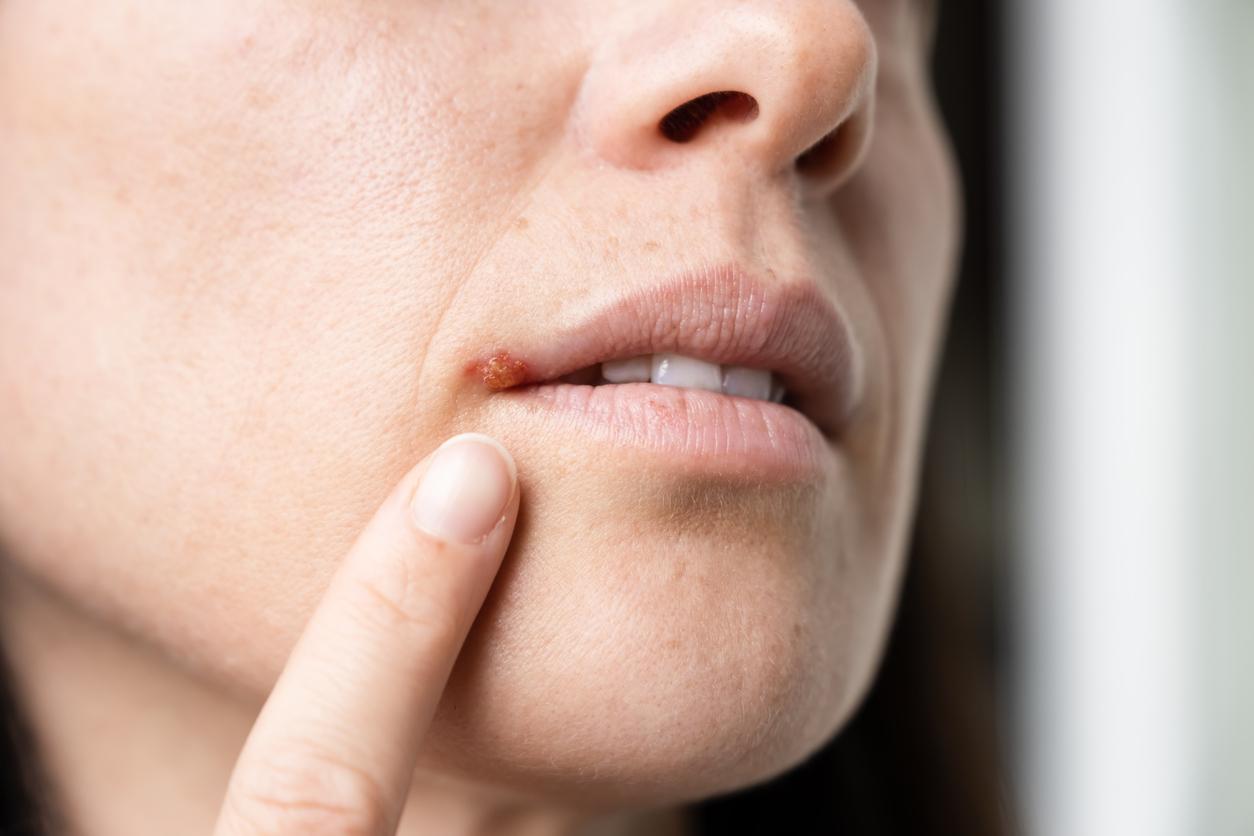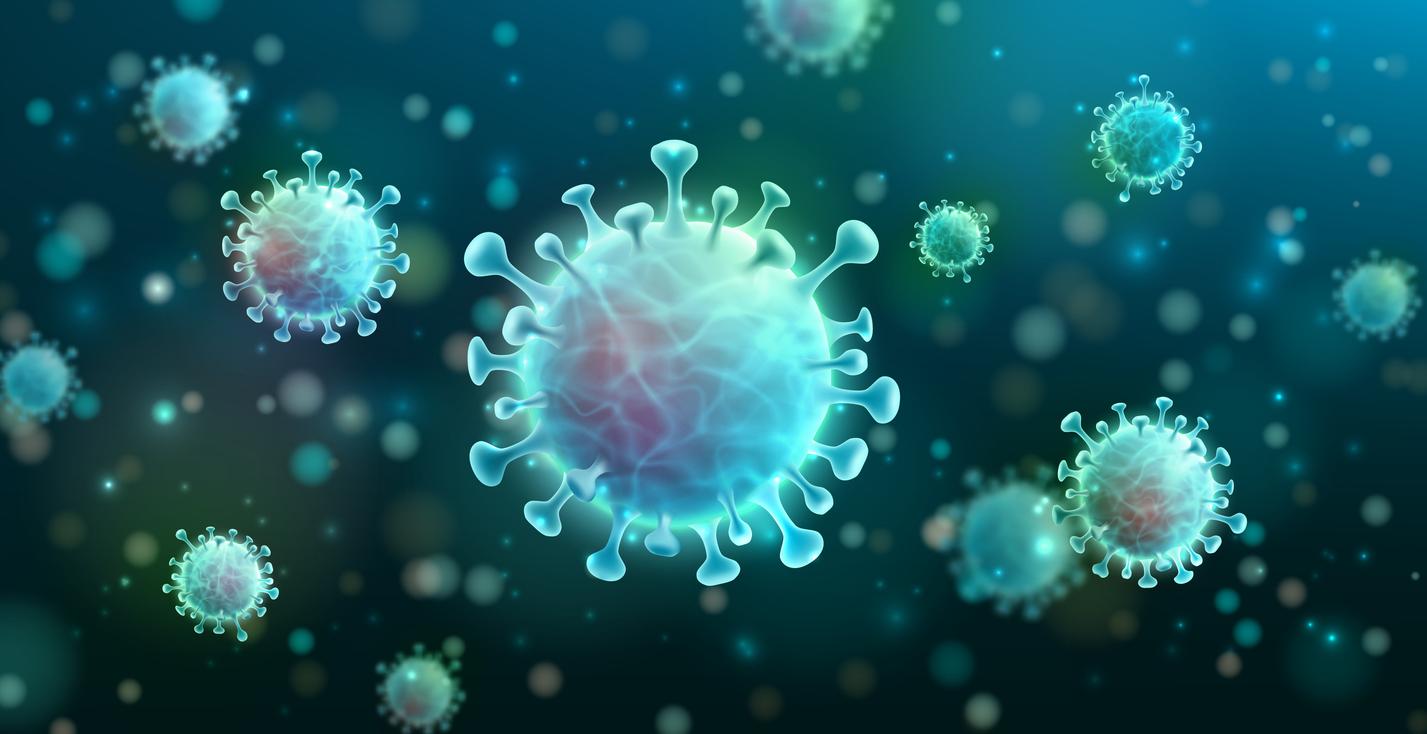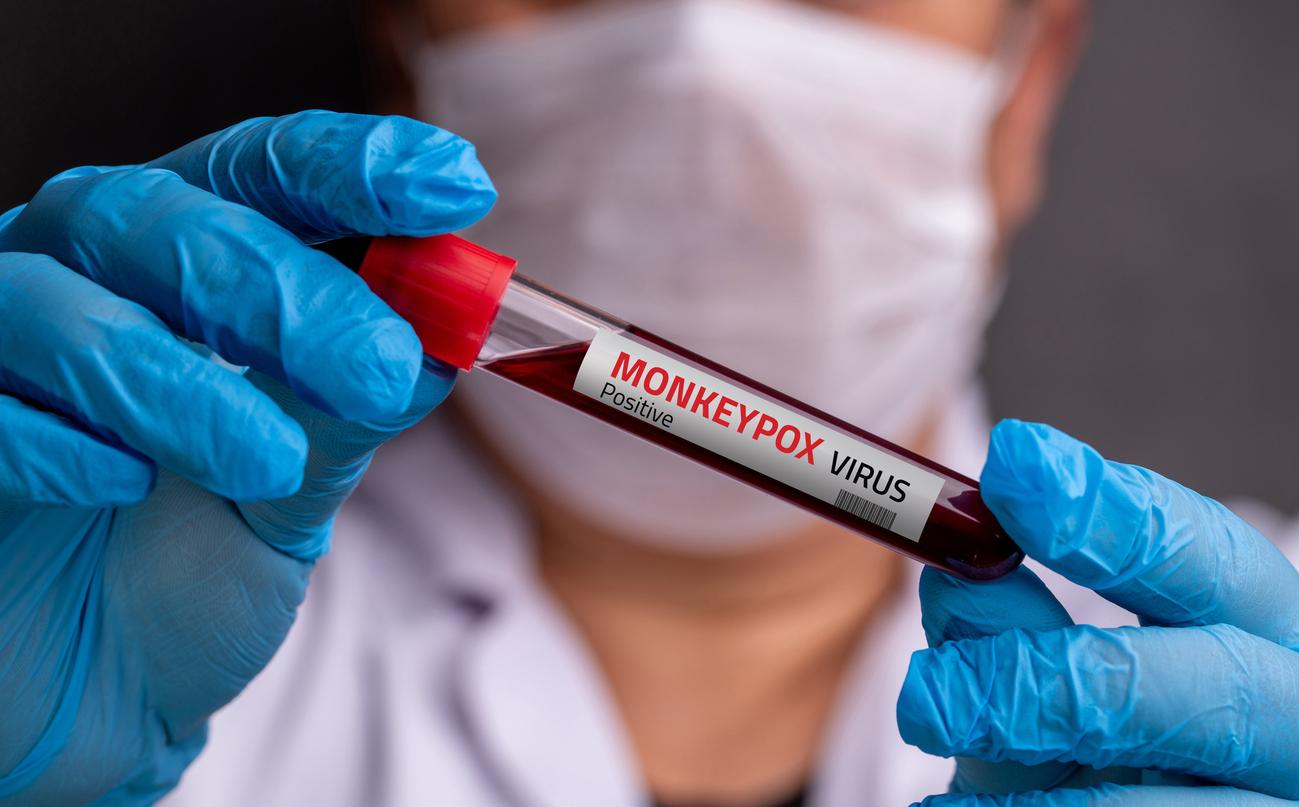A cold sore, a rash on the lips caused by a virus, is benign in healthy people. But there are certain actions to avoid so that it can heal properly.

- Cold sores are the result of reactivation of the herpes virus HSV1.
- For it to disappear quickly, it is important to promote healing by avoiding making it up, disinfecting it with alcohol and tearing off the crust.
- Appropriate treatments must be used.
Small blisters on one corner of the lips, with redness, a burning sensation and sometimes fever: these are the manifestations of a cold sore. “It forms a ‘bouquet’ of vesicles located on an area of redness, develops theHealth Insurance. The vesicles contain a clear fluid rich in virus.” In fact, cold sores are the consequence of reactivation of the herpes virus HSV1. “Once in the body, the herpes virus travels through the sensory nerves corresponding to the infected territory and lodges in a nerve ganglion where it remains ‘asleep’., underlines Health Insurance. Different factors contribute to its reactivation: exposure to the sun, periods, fatigue, stress, infection by another virus or bacteria, etc. The lesions disappear in ten to fifteen days, but for this, it is necessary to avoid certain actions.
Cold sore: you should not touch its crust!
If your cold sore begins to form a slight crust, usually after four days, you may be tempted to pluck it. However, you should definitely not do this, as it will delay healing.
Disinfecting the cold sore with alcohol is useless
Another factor that can delay healing is the use of an alcohol-based disinfectant or alcoholic toiletry product. “They irritate and maintain herpes.”warns the organization.
You should avoid making up the cold sore
Also, Health Insurance reminds that it is preferable not to use covering makeup products on the cold sore. Foundations, glosses and other lipsticks risk delaying healing.
Cold sore: cortisone should be avoided
To treat cold sores, the attending physician can prescribe suitable creams, to be applied locally. But you should not use non-recommended products, such as cortisone. Creams containing it are useless for treating cold sores and can cause complications.
Antibiotics are ineffective against cold sores
Antibiotic-based creams are also unsuitable. A cold sore is the consequence of an infection by a virus, but antibiotics act against bacteria. Their use will therefore not have any beneficial effect on healing.

How to treat cold sores ?
Health Insurance provides some advice for treating cold sores. “If used in time, local treatment can shorten the duration of contagion and herpetic rash, reduce its intensity and relieve pain., she emphasizes. Two creams can be obtained from pharmacies: an antiviral ointment, to stop the multiplication of the virus and reduce the duration of the outbreak, and an anesthetic cream to alleviate the symptoms. These treatments should be applied as soon as the first signs appear and continued until scabs form. “Local treatment of herpes or cold sores does not eliminate ‘dormant’ viruses, however, she recalls. It does not prevent recurrence or reduce the frequency of attacks.”
















